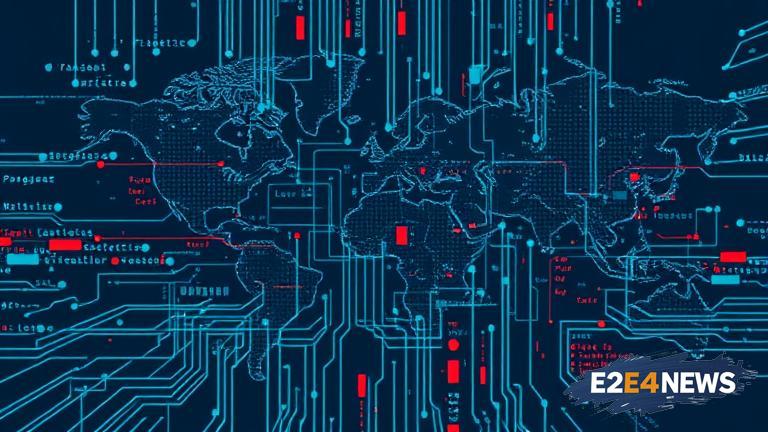A newly released report has shed light on the alarming trend of foreign adversaries trying to exploit open-source software for malicious purposes. The report, which was compiled by a team of cybersecurity experts, highlights the growing threat posed by these adversaries to the global cybersecurity landscape. Open-source software, which is freely available and widely used, has become a prime target for these malicious actors. By injecting malicious code into open-source software, foreign adversaries can potentially gain access to sensitive information and disrupt critical infrastructure. The report notes that this tactic is particularly concerning, as open-source software is often used in a wide range of applications, from consumer devices to industrial control systems. Furthermore, the report warns that the use of open-source software can create a false sense of security, as many users assume that the software is secure simply because it is open-source. However, the report emphasizes that this is not the case, and that open-source software can be just as vulnerable to exploitation as proprietary software. The report also highlights the challenges of detecting and mitigating these types of threats, as the malicious code can be difficult to identify and remove. In addition, the report notes that the use of open-source software can create a complex web of dependencies, making it difficult to track and manage vulnerabilities. The report’s authors warn that the threat posed by foreign adversaries exploiting open-source software is likely to continue to grow in the coming years, as more and more organizations rely on open-source software to power their operations. To combat this threat, the report recommends that organizations take a proactive approach to securing their open-source software, including regularly updating and patching their software, as well as implementing robust security measures to detect and prevent malicious activity. The report also emphasizes the importance of collaboration and information-sharing between organizations and governments to stay ahead of these threats. Moreover, the report suggests that open-source software developers and maintainers must also take responsibility for ensuring the security of their software, by implementing secure coding practices and regularly reviewing their code for vulnerabilities. The report’s findings have significant implications for organizations and governments around the world, as they highlight the need for a comprehensive and coordinated approach to cybersecurity. In response to the report’s findings, many organizations are already taking steps to enhance their cybersecurity measures, including implementing more robust security protocols and increasing their investment in cybersecurity research and development. However, the report’s authors warn that more needs to be done to address the scale and complexity of the threat posed by foreign adversaries exploiting open-source software. The report’s release has sparked a wider debate about the role of open-source software in cybersecurity, with some experts arguing that the benefits of open-source software outweigh the risks, while others argue that the risks are too great and that alternative solutions should be explored. As the debate continues, one thing is clear: the threat posed by foreign adversaries exploiting open-source software is a serious one, and it requires a concerted and sustained effort to combat. The report’s findings have also raised questions about the role of government in regulating and overseeing the use of open-source software, with some arguing that greater regulation is needed to prevent the exploitation of open-source software for malicious purposes. Others argue that over-regulation could stifle innovation and hinder the development of open-source software. Ultimately, the report’s findings highlight the need for a balanced approach to cybersecurity, one that takes into account the benefits and risks of open-source software and seeks to mitigate the threats posed by foreign adversaries. The report’s authors conclude by emphasizing the importance of ongoing research and development in the field of cybersecurity, as well as the need for greater awareness and education about the risks and benefits of open-source software. By working together, organizations and governments can help to prevent the exploitation of open-source software and protect against the growing threat posed by foreign adversaries.





